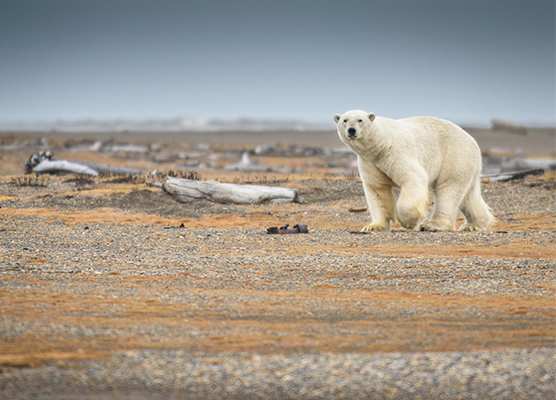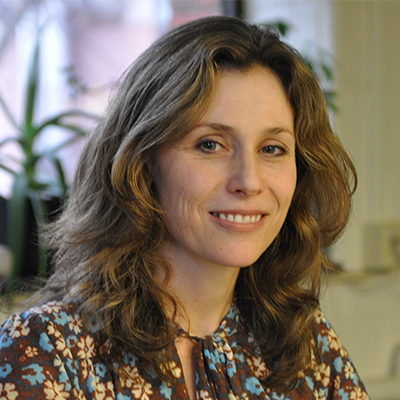
The oceans cover over 2/3 of the Earth's surface, but what do we know about them, and how do they impact our climate and everyday life? We will examine climate change’s impacts on the oceans and how this, in turn, affects our daily lives, from eating seafood to our weather patterns to the movement of goods across vast distances. Through frequent individual assignments using real-time data, readings, video lectures, and asynchronous discussions, students are exposed to the major areas of oceanography, including plate tectonics, marine sediments, physical and chemical properties of seawater, ocean circulation, air-sea interactions, waves, tides, nutrient cycles in the ocean, and biology of the oceans through the lens of climate change and the consequent impacts on your daily life. This course requires you to read Essentials of Oceanography, 13th edition, by Alan P. Trujillo and Harold B. Thurman. This textbook is available from a variety of online book retailers.
For students pursuing the Certificate in Climate Change, you must complete CLCH 1600: Oceanography plus any three additional climate change courses. Although it is recommended that students take CLCH 1600: Oceanography first, you can start with any course and take them in any order.
*Academic credit is defined by the University of Pennsylvania as a course unit (c.u.). A course unit (c.u.) is a general measure of academic work over a period of time, typically a term (semester or summer). A c.u. (or a fraction of a c.u.) represents different types of academic work across different types of academic programs and is the basic unit of progress toward a degree. One c.u. is usually converted to a four-semester-hour course.
Instructor
- Senior lecturer, Earth and Environmental Science
Jane began teaching at the University of Pennsylvania in 2006 and currently is a senior lecturer in the Earth and Environmental Science Department. She’s taught math and physics at the high school level in California and New Jersey and college classes in earth science, environmental chemistry, oceanography, environmental case studies, research… Read more

